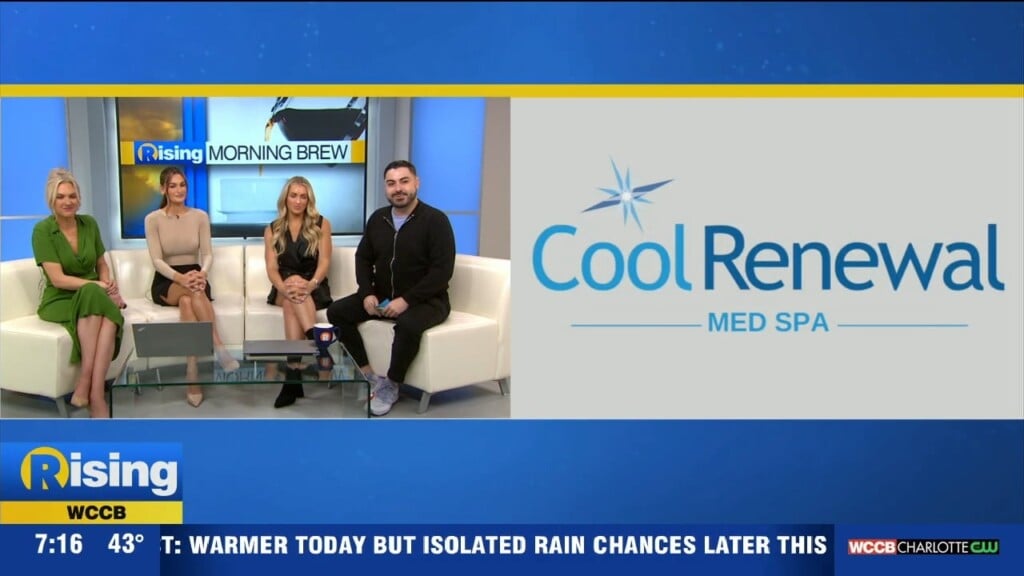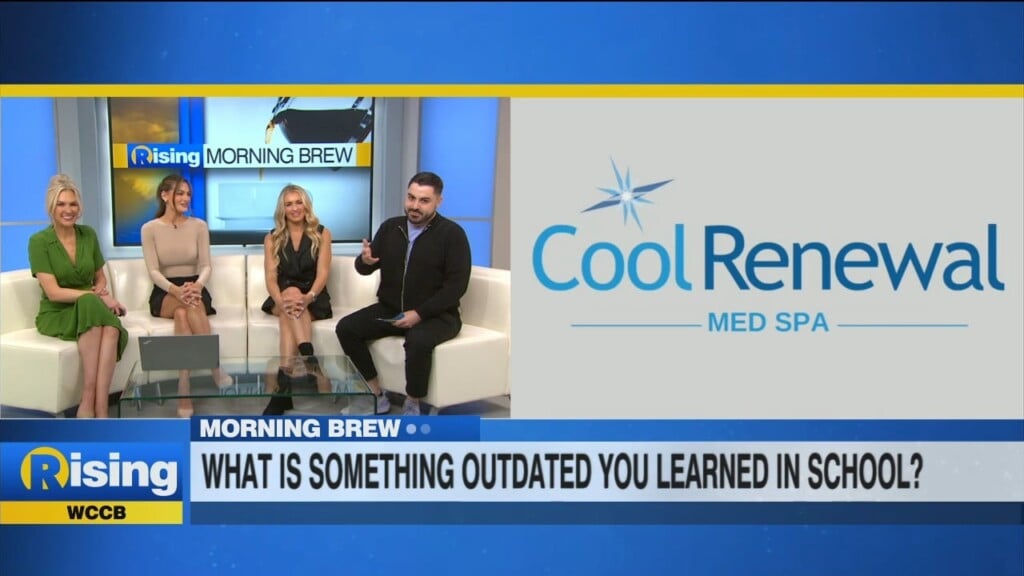CHARLOTTE, N.C. — N.C. Attorney General Josh Stein issued a warning to student loan borrowers on Thursday not to fall for any scams as confusion grows over COVID-19 student loan policies.
Stein says since the pandemic has disrupted almost three academic years for students, it’s not surprising that there is a lot of confusion over student loan policies and the possibility of debt forgiveness.
Stein warns student loan borrowers that during this stressful time, criminals may attempt to use their confusion and stress to try and trick them into falling for student loan scams.
Stein provides the following tips below to avoid common scams:
- Be skeptical.
- Remember, if it sounds too good to be true, it almost always is.
- Be wary of anyone who promises total loan forgiveness or assures fast loan forgiveness.
- Most loan forgiveness programs are conditional on a certain amount of repayment or a certain number of years working in your chosen field.
- Beware of anyone charging an upfront fee to assist you.
- Under N.C. law, it is illegal for anyone to charge an upfront fee to modify borrowers’ debts.
- You do NOT have to pay anyone to receive student loan debt relief assistance.
- Do not provide personal information over the phone or through email.
- Your loan servicer and the Education Department will not ask you for personal information over the phone or in an email.
- If you receive an email regarding your student loans, make sure it is being sent from an email address ending in .gov.
- Do not act fast/urgently without thinking it through.
- Scammers may try to pressure you into thinking if you don’t act NOW a certain deal for a reduced payment or loan modification will be off the table.
- Legitimate companies do not use these urgent and aggressive techniques.
- Think VERY carefully before using a debt relief company.
- Almost all student loan debt relief companies keep your money as their fees, instead of making your payments.
- In almost all situations, you can modify your loans yourself by contacting your loan servicer or the Education Department.
- Never provide your Federal Student Aid ID (FSA ID) password to anyone.
- This is private information that neither the Education Department nor your loan servicer will request.
- If you are being asked for your FSA ID password, it is likely a scam!
Stein says anyone who feels that they have been a victim of one of these scams should log in and change their FSA ID immediately, as well as contact their student loan servicer to let them know and to find out their loan status.
Stein tells these victims to also to contact their bank or credit card company to suspend all payments to the student loan debt relief company and to contact his office at ncdoj.gov/complaint or 1-877-5-NO-SCAM to file a complaint.
“Your education is an important investment that can help set you up for future success and a good career. Think carefully about how you handle your student loans. You can start by visiting ncdoj.gov/payingforcollege for helpful information. I’ll do everything in my power to hold debt relief scammers accountable so you can invest safely in your educational future,” says Attorney General Josh Stein.





